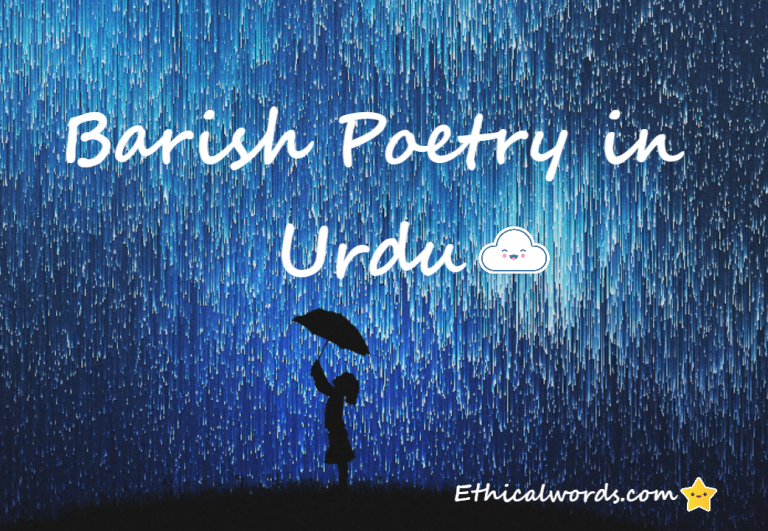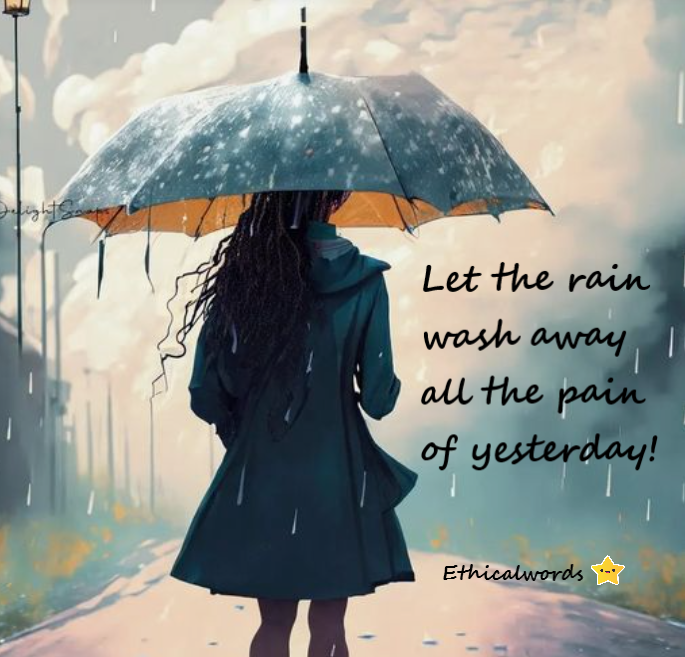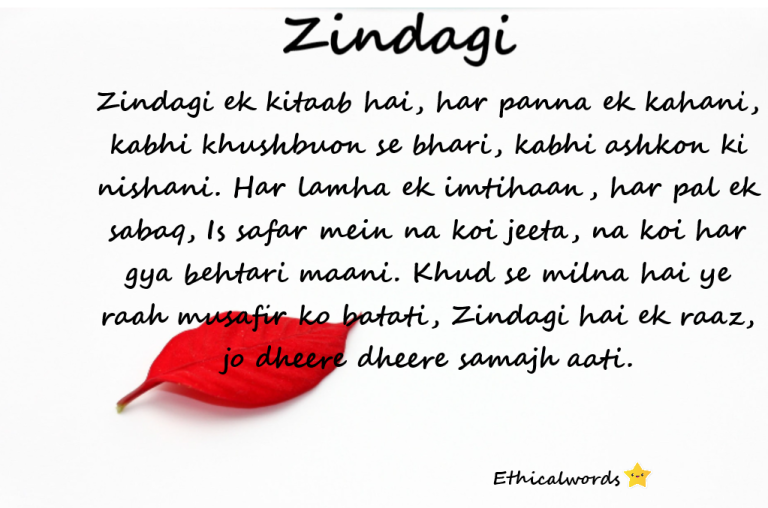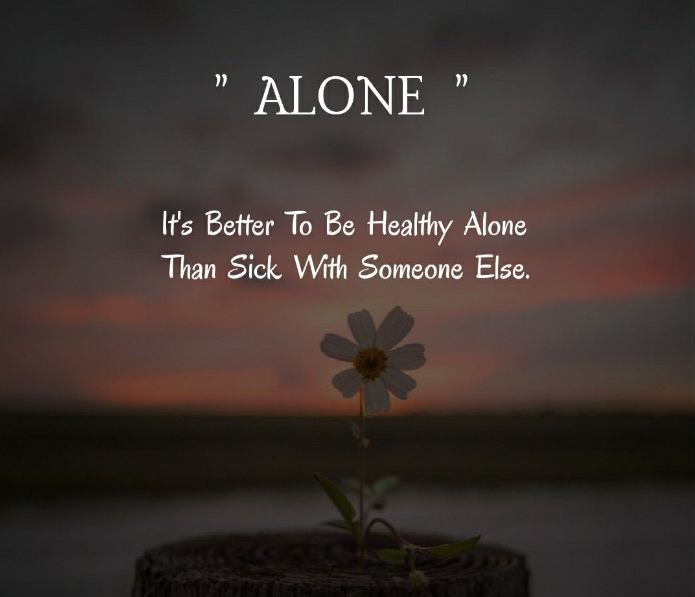10 Inspirational poems for women
Inspirational poems for women celebrate their strength, resilience, and beauty. They offer encouragement and remind women of their incredible potential.
Poems like “Phenomenal Woman” by Maya Angelou and “The Hill We Climb” by Amanda Gorman inspire confidence and hope. These powerful words uplift women, helping them to overcome challenges and believe in themselves. Reading these poems can be a source of motivation and empowerment for women everywhere.
“Phenomenal Women” by Maya Angelou

Angelou is an American poet, memoirist, and civil rights activist known for her powerful and inspiring works. This empowering poem celebrates the beauty and strength of women of all shapes, sizes, and backgrounds.
Phenomenal Woman
BY Maya Angelou
Pretty women wonder where my secret lies.
I’m not cute or built to suit a fashion model’s size
But when I start to tell them,
They think I’m telling lies.
I say,
It’s in the reach of my arms,
The span of my hips,
The stride of my step,
The curl of my lips.
I’m a woman
Phenomenally.
Phenomenal woman,
That’s me.
I walk into a room
Just as cool as you please,
And to a man,
The fellows stand or
Fall down on their knees.
Then they swarm around me,
A hive of honey bees.
I say,
It’s the fire in my eyes,
And the flash of my teeth,
The swing in my waist,
And the joy in my feet.
I’m a woman
Phenomenally.
Phenomenal woman,
That’s me.
Men themselves have wondered
What they see in me.
They try so much
But they can’t touch
My inner mystery.
When I try to show them,
They say they still can’t see.
I say,
It’s in the arch of my back,
The sun of my smile,
The ride of my breasts,
The grace of my style.
I’m a woman
Phenomenally.
Phenomenal woman,
That’s me.
Now you understand
Just why my head’s not bowed.
I don’t shout or jump about
Or have to talk real loud.
When you see me passing,
It ought to make you proud.
I say,
It’s in the click of my heels,
The bend of my hair,
the palm of my hand,
The need for my care.
’Cause I’m a woman
Phenomenally.
Phenomenal woman,
That’s me.
“Still I Rise” by Maya Angelou

Taking spot 1 and 2, Maya Angelou not only inspires women but implores them to use their womanhood to their advantage and be proud. This powerful poem speaks to the resilience and determination of women in the face of adversity. She’s had a lot to say and really became an icon with 36 books and poetry collection.
Still I Rise
BY Maya Angelou
You may write me down in history
With your bitter, twisted lies,
You may trod me in the very dirt
But still, like dust, I’ll rise.
Does my sassiness upset you?
Why are you beset with gloom?
’Cause I walk like I’ve got oil wells
Pumping in my living room.
Just like moons and like suns,
With the certainty of tides,
Just like hopes springing high,
Still I’ll rise.
Did you want to see me broken?
Bowed head and lowered eyes?
Shoulders falling down like teardrops,
Weakened by my soulful cries?
Does my haughtiness offend you?
Don’t you take it awful hard
’Cause I laugh like I’ve got gold mines
Digg in’ in my own backyard.
You may shoot me with your words,
You may cut me with your eyes,
You may kill me with your hatefulness,
But still, like air, I’ll rise.
Does my sexiness upset you?
Does it come as a surprise
That I dance like I’ve got diamonds
At the meeting of my thighs?
Out of the huts of history’s shame
I rise
Up from a past that’s rooted in pain
I rise
I’m a black ocean, leaping and wide,
Welling and swelling I bear in the tide.
Leaving behind nights of terror and fear
I rise
Into a daybreak that’s wondrously clear
I rise
Bringing the gifts that my ancestors gave,
I am the dream and the hope of the slave.
I rise
I rise
I rise.
“A Litany for Survival” by Audre Lorde

Audre Lorde is not a stranger on little infinite but that doesn’t mean we will seclude her from this inspirational list. Furthermore, it shows how much we look to her in times like this, when women need to share their voice and hear our stories. As black lesbian feminist poet, Andre Lorde wrote extensively about the intersection of race, gender, and sexuality. “A Litany of Survival” poem is a call to action, urging women to stand up and fight for their rights and freedom.
A Litany for Survival
BY Audre Lorde
Absorption will not let you forget.
You remember the children you got that you did not get,
The damp small pulps with a little or with no hair,
The singers and workers that never handled the air.
You will never neglect or beat
Them, or silence or by with a sweet
You will never wind up sucking-thumb
Or scuttle off ghosts that come
You will never leave them, controlling your luscious sigh,
Return for a snack of them, with gobbling Mother-Eye
I have heard in the voices of the wind the voices of my dim killed children.
I have contracted. I have eased
My dim dears at the breasts they could never suck.
I have said, Sweets, if I sinned, if I seized
Your luck
And your lives from your unfinished reach,
If I stole your births and your names,
Your straight baby tears and your games,
Your stilted or lovely loves, your tumults, your marriages, aches, and your deaths,
If I poisoned the beginnings of your breaths,
Believe that even in my deliberateness I was not deliberate.
Though Why should i Whine,
Whine that the crime was other than mine?—
Since anyhow you are dead.
Or rather, or instead,
You were never made.
But that too, I am afraid,
Is faulty: oh, what shall I say, how is the truth to be said?
You were born, you had body, you died.
It is just that you never giggled or planned or cried.
Believe me I Loved you all.
Believe me, I knew you, though faintly, and I Loved and I Loved you All.
“Aurora Leigh” by Elizabeth Barrett Browning
A groundbreaking poet who challenged societal norms and advocated for women’s rights through her work. This poem tells the story of a woman’s journey to find her place in the world and pursue her passion for writing.
from Aurora Leigh, First Book
BY Elizabeth Barrett Browning
In those days, though, I never analysed
Myself even. All analysis comes late.
You catch a sight of Nature, earliest,
In full front sun-face, and your eyelids wink
And drop before the wonder of ‘t; you miss
The form, through seeing the light. I lived, those days,
And wrote because I lived–unlicensed else:
My heart beat in my brain. Life’s violent flood
Abolished bounds,–and, which my neighbour’s field,
Which mine, what mattered? It is so in youth.
We play at leap-frog over the god Term;
The love within us and the love without
Are mixed, confounded; if we are loved or love,
We scarce distinguish. So, with other power.
Being acted on and acting seem the same:
In that first onrush of life’s chariot-wheels,
We know not if the forests move or we.
And so, like most young poets, in a flush
Of individual life, I poured myself
Along the veins of others, and achieved
Mere lifeless imitations of life verse,
And made the living answer for the dead,
Profaning nature. ‘Touch not, do not taste,
Nor handle,’–we’re too legal, who write young:
We beat the phorminx till we hurt our thumbs,
As if still ignorant of counterpoint;
We call the Muse … ‘O Muse, benignant Muse!’–
As if we had seen her purple-braided head.
With the eyes in it start between the boughs
As often as a stag’s. What make-believe,
With so much earnest! what effete results,
From virile efforts! what cold wire-drawn odes
From such white heats!–bucolics, where the cows
Would scare the writer if they splashed the mud
In lashing off the flies,–didactics, driven
Against the heels of what the master said;
And counterfeiting epics, shrill with trumps
A babe might blow between two straining cheeks
Of bubbled rose, to make his mother laugh;
And elegiac griefs, and songs of love,
Like cast-off nosegays picked up on the road,
The worse for being warm: all these things, writ
On happy mornings, with a morning heart,
That leaps for love, is active for resolve,
Weak for art only. Oft, the ancient forms
Will thrill, indeed, in carrying the young blood.
The wine-skins, now and then, a little warped,
Will crack even, as the new wine gurgles in.
Spare the old bottles!–spill not the new wine.
By Keats’s soul, the man who never stepped
In gradual progress like another man,
But, turning grandly on his central self,
Ensphered himself in twenty perfect years
And died, not young,–(the life of a long life,
Distilled to a mere drop, falling like a tear
Upon the world’s cold cheek to make it burn
For ever;) by that strong excepted soul,
I count it strange, and hard to understand,
That nearly all young poets should write old;
That Pope was sexagenarian at sixteen,
And beardless Byron academical,
And so with others. It may be, perhaps,
Such have not settled long and deep enough
In trance, to attain to clairvoyance,–and still
The memory mixes with the vision, spoils,
And works it turbid.
Or perhaps, again,
In order to discover the Muse-Sphinx,
The melancholy desert must sweep round,
Behind you, as before.–
For me, I wrote
False poems, like the rest, and thought them true.
Because myself was true in writing them.
I, peradventure, have writ true ones since
With less complacence.
But I could not hide
My quickening inner life from those at watch.
They saw a light at a window now and then,
They had not set there. Who had set it there?
My father’s sister started when she caught
My soul agaze in my eyes. She could not say
I had no business with a sort of soul,
But plainly she objected,–and demurred,
That souls were dangerous things to carry straight
Through all the spilt saltpetre of the world.
She said sometimes, ‘Aurora, have you done
Your task this morning?–have you read that book?
And are you ready for the crochet here?’–
As if she said, ‘I know there’s something wrong,
I know I have not ground you down enough
To flatten and bake you to a wholesome crust
For household uses and proprieties,
Before the rain has got into my barn
And set the grains a-sprouting. What, you’re green
With out-door impudence? you almost grow?’
To which I answered, ‘Would she hear my task,
And verify my abstract of the book?
And should I sit down to the crochet work?
Was such her pleasure?’ … Then I sate and teased
The patient needle til it split the thread,
Which oozed off from it in meandering lace
From hour to hour. I was not, therefore, sad;
My soul was singing at a work apart
Behind the wall of sense, as safe from harm
As sings the lark when sucked up out of sight,
In vortices of glory and blue air.
And so, through forced work and spontaneous work,
The inner life informed the outer life,
Reduced the irregular blood to settled rhythms,
Made cool the forehead with fresh-sprinkling dreams,
And, rounding to the spheric soul the thin
Pined body, struck a colour up the cheeks,
Though somewhat faint. I clenched my brows across
My blue eyes greatening in the looking-glass,
And said, ‘We’ll live, Aurora! we’ll be strong.
The dogs are on us–but we will not die.’
“The Heart Asks Pleasure First” by Emily Dickinson
A bold and unconventional poet especially for her time, Emily Dickinson, challenging the literary norms. We owe her our gratitude for breaking so many boundaries for women. This poem explores the human desire for happiness and the importance of following one’s heart.
The Heart asks Pleasure first
by Emily Dickinson
The Heart asks Pleasure—first—
And then—Excuse from Pain—
And then—those little Anodynes
That deaden suffering—
And then—to go to sleep—
And then—if it should be
The will of its Inquisitor
The privilege to die—
“The Hill we Climb” by Armanda Gorman
When day comes we ask ourselves, where can we find light in this never ending shade? The loss we carry, a sea we must wade. We’ve braved the belly
of the beast, we’ve learned that quiet isn’t always peace and the norms and
notions of what just is, isn’t always justice. And yet the dawn is ours before we
knew it, somehow we do it, somehow we’ve weathered and witnessed a nation
that isn’t broken but simply unfinished.
We, the successors of a country and a time where a skinny black girl
descended from slaves and raised by a single mother can dream of becoming
president only to find herself reciting for one. And, yes, we are far from
polished, far from pristine, but that doesn’t mean we are striving to form a
union that is perfect, we are striving to forge a union with purpose, to compose
a country committed to all cultures, colors, characters and conditions of man.
So we lift our gazes not to what stands between us, but what stands before us.
We close the divide because we know to put our future first, we must first put
our differences aside. We lay down our arms so we can reach out our arms to
one another, we seek harm to none and harmony for all.
Let the globe, if nothing else, say this is true: that even as we grieved, we grew,
even as we hurt, we hoped, that even as we tired, we tried, that we’ll forever be
tied together victorious, not because we will never again know defeat but
because we will never again sow division.
Scripture tells us to envision that everyone shall sit under their own vine and
fig tree and no one should make them afraid. If we’re to live up to our own
time, then victory won’t lie in the blade, but in in all of the bridges we’ve made.






